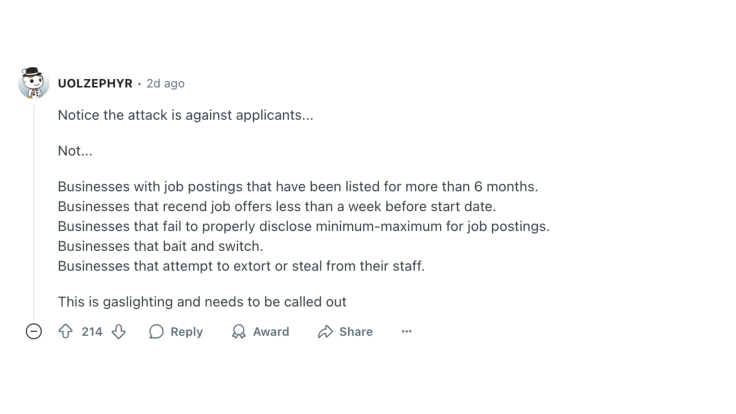'Benefits Crackdown or Public Humiliation?' Ohio Republicans Want to Track Job Applicants Who Miss Interviews
Ohio's proposed House Bill 395 sparks fierce debate over a public registry for interview no-shows, supporters call it accountability, critics brand it humiliation

A dramatic billboard for accountability or a dystopian public shaming of the unemployed?
Ohio Republicans have introduced House Bill 395, proposing an online registry where employers can report job applicants who fail to attend scheduled interviews without notice. They argue it will enhance accountability for those receiving unemployment benefits and protect taxpayer dollars. Opponents warn it may duplicate existing systems, unfairly penalise vulnerable individuals, and operate as a "shame list" for the unemployed.
Promise of Accountability
Proponents see the measure as a necessary step to modernise the job-seeking process. Co-sponsor Rep. Brian Lorenz asserts, 'If you're collecting unemployment, you should be actively looking for work. Period. HB 395 isn't controversial; it's common sense. Wasting employers' time and taxpayer dollars helps no one. Time to bring accountability back to the system.'
Supporters say the registry will deter applicants who casually ignore interviews and reduce the burden on employers and state services.
If you’re collecting unemployment, you should be actively looking for work. Period. HB 395 isn’t controversial—it’s common sense. Wasting employers’ time and taxpayer dollars helps no one. Time to bring accountability back to the system. https://t.co/e6ZQNnCgUn
— Rep. Brian Lorenz (@lorenzforohio) August 2, 2025
Critics: Redundant, Unsafe, Humiliating
Yet critics, led by Senate Democrat Bill DeMora, argue the bill answers a problem that already has solutions. He states, 'This bill is another answer, looking for a question. ... there are procedures in line already for unemployment compensation.'
The Department of Job and Family Services (ODJFS) has confirmed an existing system for reporting interview no-shows. Opponents worry the new registry may criminalise innocent absences caused by emergencies, illness, or transport issues. They caution that it could easily become a public shame list, disproportionately affecting low-income, rural and disadvantaged job-seekers.
Does It Duplicate Existing Systems?
Indeed, ODJFS states that systems for tracking interview no-shows already exist. Supporters counter that the current system lacks efficiency, and argue HB 395 would 'modernise and update Ohio to the 21st century', fostering 'a culture of respect and accountability' without intending to black-list individuals.
Human Drama Behind the Policy
Behind the policy lies real stress for those struggling to find work. Suppose a single mother falls ill or a commuter is caught in traffic; should they face potential loss of benefits, reputational damage, or inclusion on a registry?
As one Reddit commenter put it, 'Notice the attack is against applicants...Not...Businesses with job postings that have been listed for more than 6 months.'
Others counter that employers face cost and time pressures, 'How about creating fake jobs is fraudulent? ... It should also keep a list of companies that ghost you during the application process.'

Political and Economic Context
The bill was filed on 21 July 2025, even though the Ohio House is not due to reconvene until October. Ohio's unemployment rate stands at roughly 4.9 %, ranking it 44th in the US, with Meigs County showing the highest rate at 7.2 %.
In this context, policymakers are under pressure to demonstrate fiscal responsibility, yet critics argue that targeting job-seekers with added surveillance may deepen social inequities.
Benefit Enforcement or Public Humiliation?
Ohio's HB 395 raises urgent questions about where accountability ends and public humiliation begins. Proponents argue it is a reasonable enforcement tool, ensuring those receiving benefits are genuinely seeking work. Opponents warn it risks penalising ordinary, often vulnerable people facing unavoidable setbacks.
As the legislature considers the bill, Ohioans must weigh whether this policy represents overdue reform or a punitive mechanism that stigmatises the unemployed.
© Copyright IBTimes 2025. All rights reserved.




















